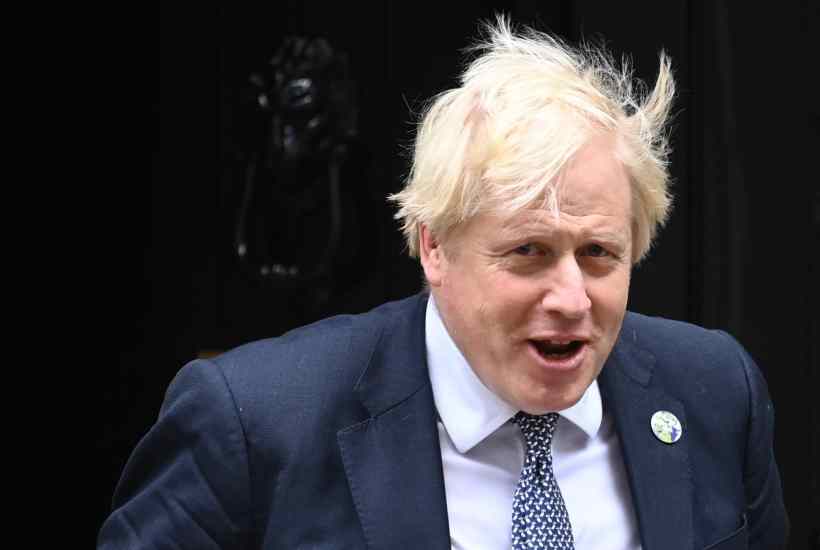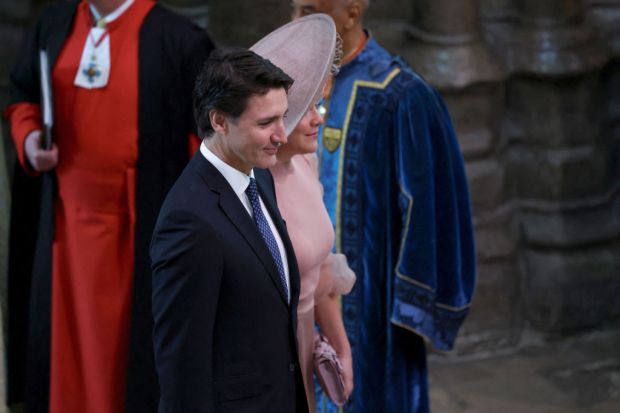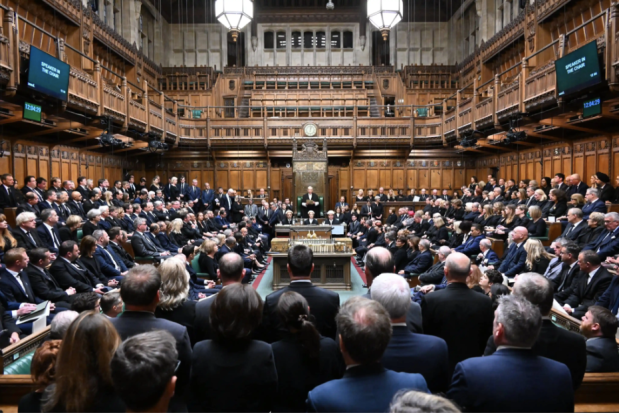Following the killing of Sir David Amess, there has been much discussion in recent weeks about the safety of elected representatives. But while the public conversation has largely focused on radicalised loners, constituency surgeries and online abuse, Steerpike fears that the commentariat have overlooked the dangers still posed by hostile nation states to parliamentarians here in Westminster – particularly those who speak out about China.
Earlier this year Mr S reported that MPs who have been sanctioned by Beijing for speaking out on the regime’s human rights abuses have received ‘zero substantive help’ from the Foreign Office. Members of the Inter-Parliamentary Alliance on China (IPAC) have been the subject of a number of probing attacks, with concerns about the British intelligence agencies sharing information about imminent attacks with legislators in others countries but not with MPs in London.
Now one IPAC member has tabled an intriguing parliamentary question which caught Steerpike’s eye. Backbencher Tim Loughton has asked the Home Office about Interpol, the global police agency now feared to be acting in Chinese state interests. Once used in the hunt for fugitive criminals, Interpol’s most-wanted ‘red notice’ list now includes political refugees and dissidents, with Beijing accused of using Interpol warnings against Uyghur activists, including Dolkun Isa, the president of the World Uyghur Congress.
Loughton questioned Home Office minister Kit Malthouse about ‘reports of red notices having been issued by the Chinese Government against British Parliamentarians.’ Malthouse did not directly address Loughton’s claims about such reports, instead telling his fellow Tory that ‘we continue to monitor the effectiveness of existing safeguards and will not hesitate to recommend further reforms to Interpol as necessary.’
A Home Office spokesman refused to give details about such cases or confirm whether red notices have or have not been issued. Loughton only told Mr S that there are ‘concerns’ among the sanctioned MPs that they will be subject to red notices, as there seems to be ‘some to be some confusion as to whether the FCDO [Foreign Office] is aware of this or not. Such a step against British MPs would, naturally, be a massive escalation by Beijing.
One thing we are sure of, is that IPAC and its secretariat are still being targeted by fake email accounts, believed to be the work of Chinese cyber-agents. Some fifteen months after Tom Tugendhat first raised the issue, other Beijing critics in London are having fake accounts set up in their name to discredit them, amid concerns officials in Whitehall are not taking the issue seriously enough.
Luke de Pulford, co-ordinator of IPAC told Mr S: ‘How bad does it have to get before the government does something to help us? We requested a security audit of our devices. Nothing. We asked if there were red notices out for us. “We don’t know” came back the disingenuous reply. And all this is for UK citizens and MPs – how much worse must it be for Uyghurs and Hong Kongers? We all need to know the government has our back.’
If ministers are intent on keeping their colleagues safe, they would do well to remember such concerns in future.<//>
Got something to add? Join the discussion and comment below.
Get 10 issues for just $10
Subscribe to The Spectator Australia today for the next 10 magazine issues, plus full online access, for just $10.





















Comments
Don't miss out
Join the conversation with other Spectator Australia readers. Subscribe to leave a comment.
SUBSCRIBEAlready a subscriber? Log in